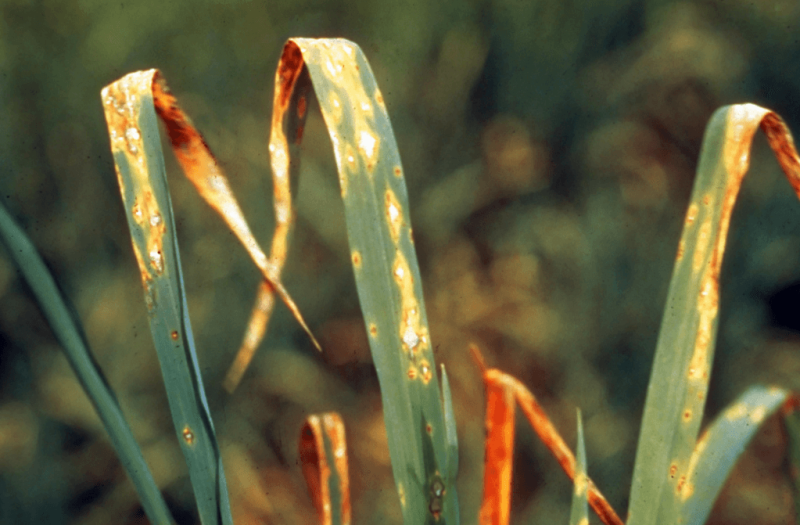The witch hunt against old GMOs will soon be a distant memory (perhaps). And after more than twenty years of blocks, a new generation of biotech (but not transgenic) plants will take its first steps in Italy. With the last and definitive green light from the Ministry of the Environment, experimental sowing of a variety of rice in the open field was obtained thanks to the new genomic techniques, known in Italy as TEA, assisted evolution techniques.
It is a rice capable of resisting, without the use of fungicides, the attacks of the Pyricularia oryzae fungus which causes the disease commonly known as “brusone” [in Italian, or rice blast fungus in English], the most serious fungal pathology of rice which in some years can lead to production losses even of the 50%. The request for authorization for the tests was presented by the University of Milan, where the first research group in the country coordinated by the biotechnologist Vittoria Brambilla, [thanks to updated] rules for field trials of plants developed with genome editing or cisgenesis.
Laboratory tests using resistance tests have given excellent results in terms of productivity and without the administration of agrochemicals.
[Editor’s note: This article has been translated from Italian and edited for clarity.]































